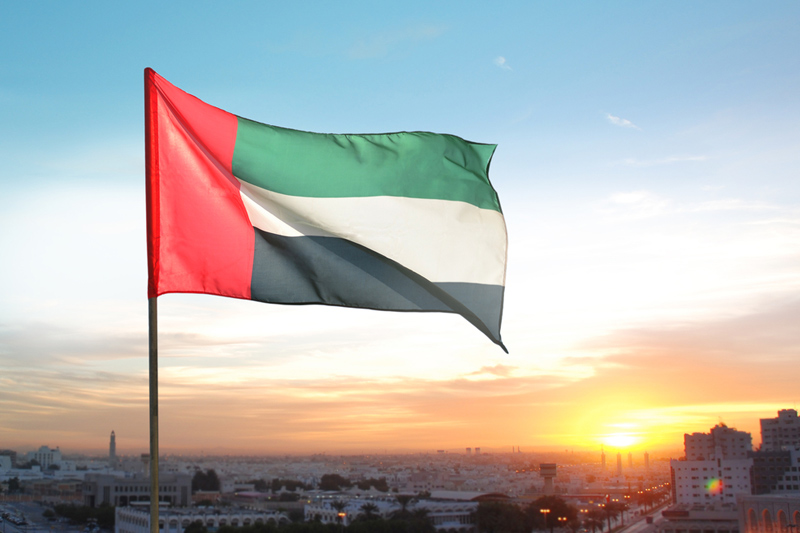(Bloomberg) -- The OPEC+ oil cartel is facing its biggest crisis since a price war at the start of the coronavirus pandemic.
The United Arab Emirates, the group’s fourth-biggest producer, argued against a deal proposed by Saudi Arabia and Russia to extend quota limits until the end of next year, rather than ending them in April as originally planned.
The UAE agreed with the other 22 OPEC+ members that monthly output cuts should be eased by 400,000 barrels a day from August, but said the extension should be treated separately.
The group normally settles its differences in private and likes to put on a show of unity. But this rift runs so deep that the energy ministers of the UAE and Saudi Arabia aired their grievances in interviews with Bloomberg Television and other media on Sunday.
The Organization of Petroleum Exporting Countries and its allies were meant to reconvene on Monday to try to bridge the divide, but called their meeting off. Without a deal, markets will be left in limbo at a time when they’re clamoring for more oil, prices for which are already up around 50% this year.
Here’s why the UAE is digging in.
Production Increase
The UAE claims it can pump much more than the 3.2 million barrels a day baseline accorded to it under OPEC+’s quota system. Energy Minister Suhail Al-Mazrouei said that level’s “totally unfair and unsustainable.”
The country wants an increase to 3.8 million barrels daily if the supply agreement -- signed in April 2020 as the coronavirus pandemic was crushing oil demand -- is extended until the end of 2022.
Mazrouei said the UAE has roughly one-third of its output idle, meaning it’s “sacrificing” its production to a greater extent than other OPEC+ members.
Saudi Arabia argues that it’s withholding much more oil than the UAE -- and has done for years. Riyadh also insists that the extension is needed to put energy markets at ease because of the continued threat to fuel consumption from the pandemic.
Abu Dhabi, which produces almost all the UAE’s crude, is spending around $25 billion a year to help boost its capacity to 5 million barrels a day by the end of the decade. The UAE’s de facto ruler, Crown Prince Mohammed bin Zayed, sees the plan as crucial for raising more funds to invest in new industries and diversify the economy.
“They want a higher baseline to better reflect the investment they’ve made,” Jeff Currie, global head of commodities at Goldman Sachs Group Inc (NYSE:GS)., said in a Bloomberg Television interview.
Foreign Partners
Unlike Saudi Arabia and most other Gulf OPEC members, Abu Dhabi has international companies as equity investors in its oil and gas fields. Long-standing partners such as BP (NYSE:BP) Plc and TotalEnergies SE, which have operated in the region since before the UAE came into existence 50 years ago, have been joined by others from India and China over the past three years.
Sultan Al Jaber, chief executive officer of Abu Dhabi National Oil Co., has led an aggressive restructuring of the state producer since taking on the role in 2016, and has done so with the firm backing of Prince Mohammed. In addition to boosting capacity and ties with Asian energy companies, he’s sold billions-of-dollars-worth of pipeline, refining and real estate assets to foreign private-equity investors.
Lower production can potentially hurt those investors as well as the UAE.
“We can not continue with our investors losing on their investment,” Al Mazrouei said in an interview with Bloomberg Television.
Crude Futures
Abu Dhabi allowed its main grade of crude, called Murban, to be traded on a new futures exchange earlier this year. This was a first for an OPEC member.
It wants Murban to be adopted by oil traders and other Middle Eastern producers as a benchmark for the region. For that, it needs to ensure large flows to underpin liquidity and trading. Adnoc has said it expects to provide more than 1.1 million barrels a day for the exchange from August.
Ramping up Murban production closer to full capacity of about 2 million barrels a day would strengthen Adnoc’s bid for it eventually to get benchmark status.
©2021 Bloomberg L.P.
